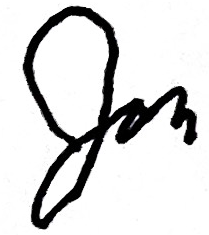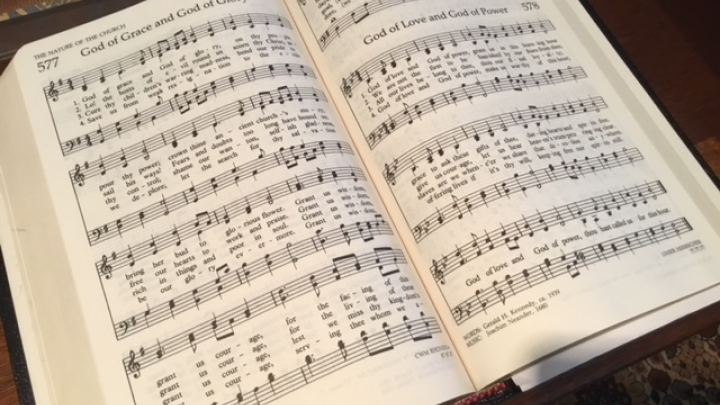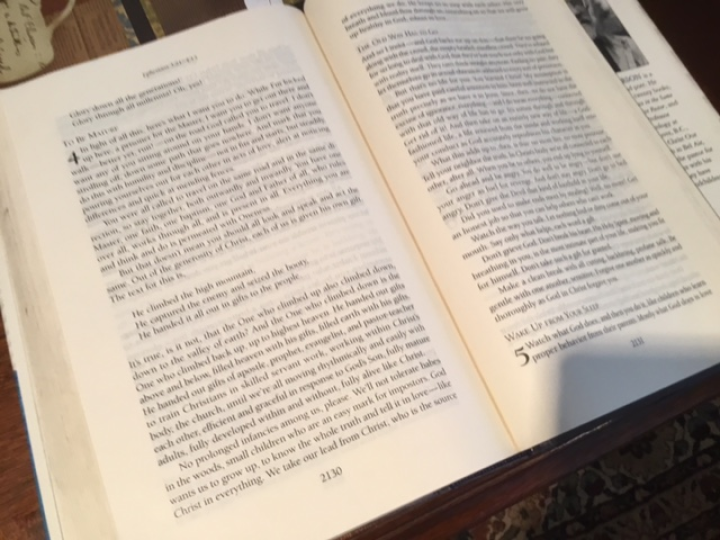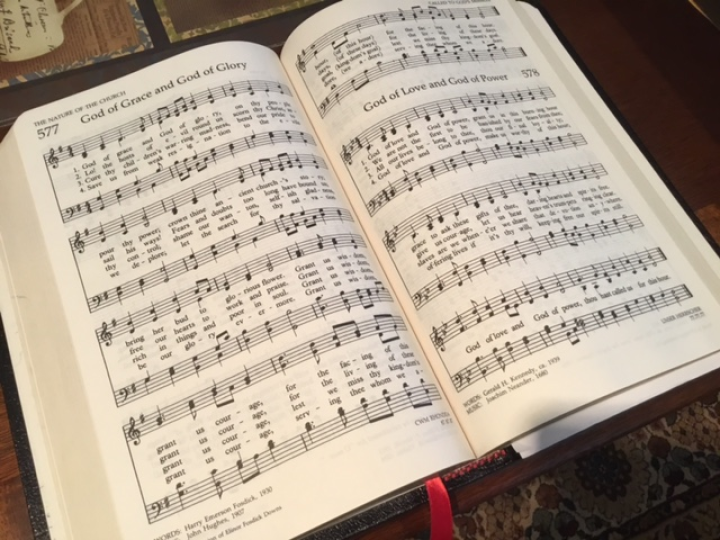…….let the Spirit stimulate your souls. Express your joy in singing among yourselves psalms and hymns and spiritual songs, making music in your hearts for the ears of God! Thank God at all times for everything, in the name of our Lord Jesus Christ. And “fit in with” each other, because of your common reverence for Christ.
– Ephesians 5:19-21 J.B. Philips translation
As a new year begins, I invite you to take Paul’s ancient words of encouragement, written for the house churches in the region of Ephesus, and claim them as your own. While I’m at it, I also ask you to consider a hymn-text which is less than one-hundred years old. Let’s invite the Holy Spirit to be our common Teacher through them. With the Spirit’s aid, the scripture text and the hymn-text will serve us well this year. You can find the hymn in our UM Hymnal, No 577. The tune was written by John Hughes. As Dr C Michael Hawn notes, “God of grace and God of glory” was written in 1930 by Harry Emerson Fosdick (1878-1969) for the dedication of the famous Riverside Church in New York City……. it is helpful to remind ourselves of the events that shaped the “hour” and the “days” that provide the context for this great hymn. God of grace and God of glory” was written while the United States was in the throes of the Great Depression between the two World Wars. Fosdick …recognized the plight of the poor, especially in the urban Northeast during the Industrial Revolution. UM Hymnal editor Carlton Young has noted: “Fosdick’s stirring radio sermons, books, and public pronouncements established Riverside as a forum for the critique of the same wealth and privilege whose gifts had made possible the building of the church.”
The congregation moved to a $5 million edifice, made possible by a gift from John D. Rockefeller Jr. The new building overlooked the Hudson River in what Fosdick called “a less swank district” than Park Avenue, where the congregation had been located near Harlem. The hymn was written in the summer of 1930. It took shape as he reflected on the construction of the new building, and was first sung as the processional hymn at the opening service on Oct. 5, 1930, and again at the dedication on Feb. 8, 1931. The language of the hymn is ultimately that of petition. “Grant us wisdom, grant us courage” concludes each stanza with the effect of a refrain. A petition begins stanza three with “Cure thy children’s warring madness,/ bend our pride to thy control.” The final stanza, equally prophetic, begins with “Save us from weak resignation/ to the evils we deplore.”
So what might an ancient pastoral letter and a modern hymn-text say to us today? Over the next two weeks I want to invite you to begin with me a daily process that we will use throughout the whole year. Borrowing an idea from retired bishop, Sally Dick, I invite you to join me in reflecting each day on a particular stanza of Fosdick’s hymn (see our first focus below) and to read each day from Ephesians 4 (verses 1-6 for these first two weeks). We will be utilizing Eugene Peterson’s version of Ephesians 4 as found in The Message (see below)
*********************************
In light of all this, here’s what I want you to do. While I’m locked up here, a prisoner for the Master, I want you to get out there and walk—better yet, run!—on the road God called you to travel. I don’t want any of you sitting around on your hands. I don’t want anyone strolling off, down some path that goes nowhere. 2 And mark that you do this with humility and discipline—not in fits and starts, but steadily, pouring yourselves out for each other in acts of love, 3 alert at noticing differences and quick at mending fences. 4 You were all called to travel on the same road and in the same direction, so stay together, both outwardly and inwardly. 5 You have one Master, one faith, one baptism, 6 one God and Father of all, who rules over all, works through all, and is present in all. Everything you are and think and do is permeated with Oneness. – Ephesians 4:1-6 | MSG
God of grace and God of glory, on the people pour thy power; crown thine ancient church’s story, bring her bud to glorious flower. Grant us wisdom, grant us courage, for the facing of this hour, for the facing of this hour. – UMH #577
*************************************
As we read through the hymn stanza each day, along with the selected verses of Ephesians 4, I invite you to reflect with me (journal if possible) our own answers to the following questions. Write your answers in a notebook, or create a page on your tablet or laptop that you can reflect on throughout the year of 2022. The entries are simple – just put the day and date, the specific scripture verses and the verse of the hymn at the top of each week’s entries. Then, answer the following:
Hymn: As I read the hymn-text today, the word or phrase which stands out for me is: _________________.
Passage: As I listen to Paul’s words for the church at Ephesus, I hear the Spirit inviting me to: ___________.
John Wesley once noted that more persons became disciples of Jesus, and were (nurtured, encouraged, strengthened) in their capacity to follow Jesus, daily, through his brother’s hymn-texts than through his preaching. In 2022 I invite us to submit our own personal agendas to God’s agenda. Charles Wesley testifies to us that God is still speaking. Are we listening?
He speaks, and listening to His Voice, new LIFE the dead receive. The mournful, broken hearts, rejoice! The humble, poor – believe.
May our listening to the Spirit’s Voice infuse us with LIFE, and our singing be filled with thanksgiving to God…..In Christ……
Still In ONE Peace,  Jon (the Methodist)
Jon (the Methodist)
If you would like to view past editions of How Sweet the Sound, follow this link: https://sounddistrictnc.org/category/from-the-ds/



